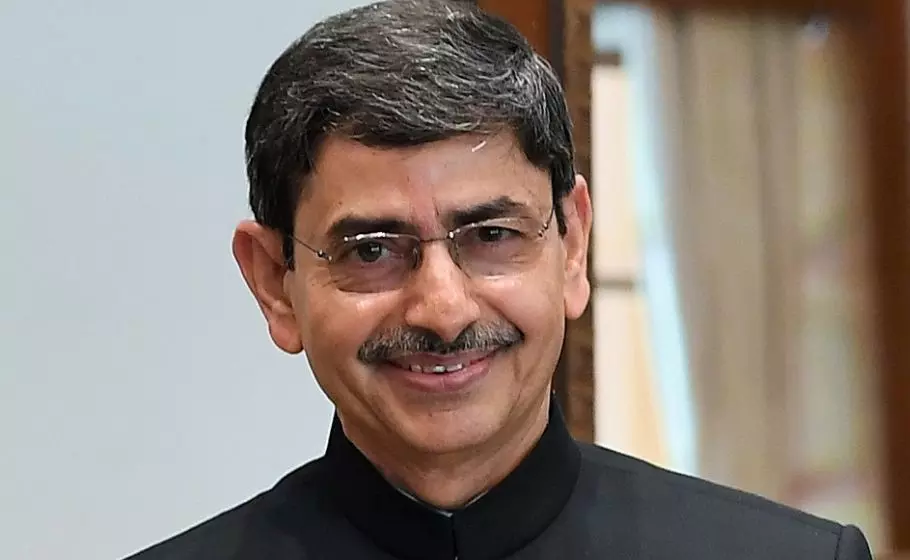
TN govt-Governor row over assent to Bills: SC frames 12 questions

The Supreme Court has framed questions to answer in a dispute between Tamil Nadu government and Governor RN Ravi over the delay in assent to bills passed by the legislative assembly.
A bench of Justices J B Pardiwala and R Mahadevan which reserved its verdict on February 10, framed the 12 questions largely on the power of the Governor under Article 200 of the Constitution in giving assent to bills, withholding assent and reserving for consideration of the President.
The questions read, "Where the legislative assembly of a state has passed a Bill and presented it before the Governor for his assent, and the Governor withholds his assent thereto, and as a result thereof the legislative assembly passes the Bill again with or without amendment, and presents it before the Governor again, whether it would be open for the Governor to reserve the Bill for the consideration of the President, more particularly, when he had not reserved it for the consideration of the President when it was presented before him in the first instance?" The top court, in its order made available recently, said it would also answer whether the discretion of the Governor in reserving a Bill for the consideration of the President exercisable upon any Bill, or limited to certain specific categories of Bills, such as those in which the subject matter appeared to be beyond the competence of the state legislature or was repugnant to a Central legislation.
"Whether the power of the Governor under Article 200 is to be exercised only on the aid and advice of the council of ministers of the state government or does the Governor enjoy a certain degree of individual discretion in making such a reference?" It said the court would also delve into the concept of "pocket veto" and whether it was envisaged by the constitutional scheme flowing in Articles 111, 200 and 201 of the Constitution.
The bench would further examine the effect of the expression "shall declare" used in the substantive part of Article 200 and whether a time period could be read into Article 200 within which the Governor was required to make such a declaration.
It would also explore the different scenarios in which Article 200 of the Constitution was to be construed such as if the Governor returned the Bill altogether with a message requesting the legislature to reconsider certain aspects of the Bill in terms of the first proviso to Article 200 and in case where upon consideration of the Bill, the Governor declared he withholds the assent in terms of the substantive part of Article 200.
"Thereupon, the legislature, in both the aforesaid scenarios, passes the Bill once again and presents it before the Governor for his assent. Whether the Governor shall be bound to give his assent to the Bill in both the situations or only in the first case," it said.
Similarly, the top court framed other questions and asked the counsel appearing for the parties to file their written submissions within a week.
On February 10, the bench reserved its verdict.
The top court had questioned the Governor's "silence" before withholding assent to the bills passed by the legislative assembly and wondered how he could refer the "re-passed bills" to the President.
The delay in giving assent by the Governor prompted the state government to move the top court in 2023, claiming 12 bills, including one from 2020, were pending with him.
Senior advocates Rakesh Dwivedi, Mukul Rohatgi and Abhishek Singhvi appeared for the Tamil Nadu government.
(Except for the headline, this story has not been edited by The Federal staff and is auto-published from a syndicated feed.)

